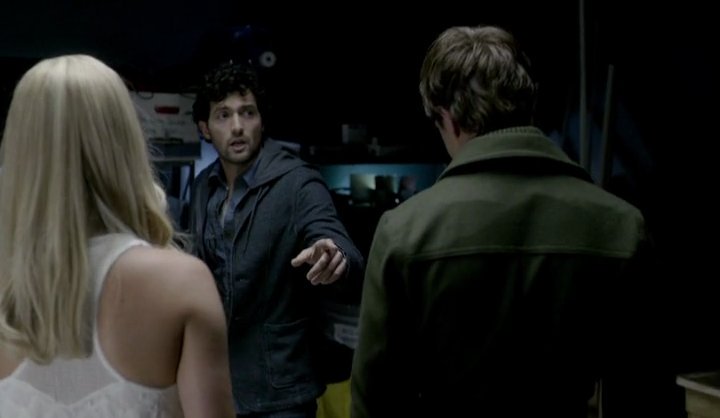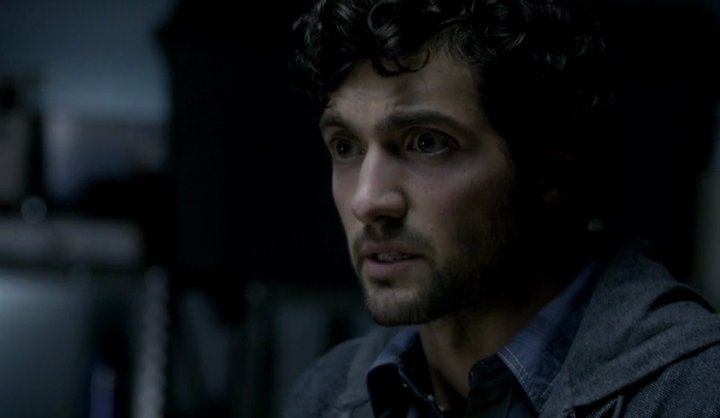-highly controlling
-prevents people from trusting their own feelings
-demands obedience and conformity
-constant judgment
-promotes alienation from self, others, and the world
-"toxic teachings" like original sin & eternal damnation
-punishment
-black and white thinking
-sexual guilt
-withholding information or opportunities to develop normally
-connects people
-promotes self-knowledge and personal growth
-places high value on respecting differences
-empowers members as individuals
-social support
-events/rites of passage
-exchange of ideas
-inspiration
-opportunities for service
-connection to social causes
-spiritual practices like meditation
-principles for living like the golden rule
I dunno, honestly.
















